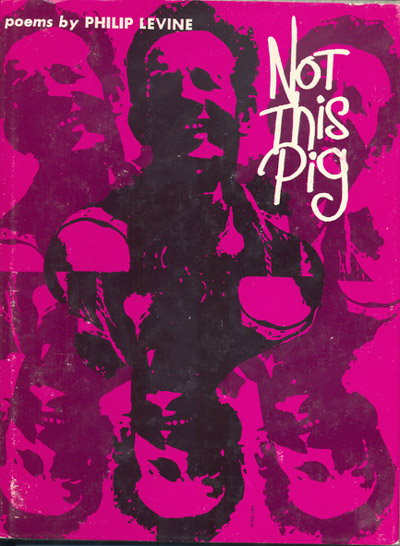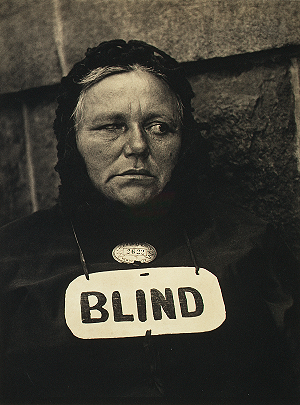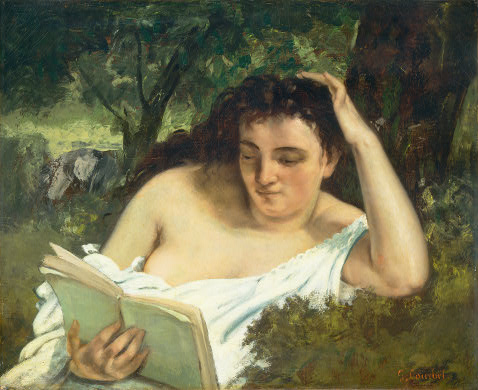Reading Rilke’s Requiem for a Friend reminded me of a poem that was its direct descendant, Marina Tsvetaeva’s “Novogodnee” (“New Year’s Greeting”). Tsvetaeva wrote the poem in Paris in an outpouring of grief and nervous exhaustion after Rilke’s death in 1926. Tsvetaeva and Rilke had a deeply expressed poets’ friendship that paralleled the relationship of Rilke and Paula Modersohn-Becker. The two poets, however, may never have met in person. I know Tsvetaeva’s poem only through an essay written in English by Joseph Brodsky. “Footnote on a Poem” is the best prose explication of a poem that I ever have read. In it, Brodsky demonstrates how the Russian poem’s complex web of meanings can be interpreted semantically in English prose, but its poetic force cannot begin to be translated phonemically into comparable English verse.
I’m working in Toronto this week; otherwise, I would go find Brodsky’s essay in my library. I googled “Tsvetaeva” and “Rilke” to verify details and found this reference to the poem and essay in a recent book review in the Times Literary Supplement.
Re: “Footnote to a Poem”
when Tsvetaeva, Pasternak and their contemporaries invoked “hysteria” in relation to poetry, the word was construed negatively. The negative connotation survives in Brodsky’s long essay “Footnote to a Poem” (1981), a virtuosic explication of Tsvetaeva’s “New Year’s Greeting” (“Novogodnee”), a love lyric and funeral lament on the death of Rilke, completed early in 1927. Brodsky emphasizes the “argumentation”, “logic” and “rationalism” in the poem. “A poet”, he writes, “is someone for whom every word is not the end but the beginning of a thought; someone who, having uttered rai (‘paradise’) or tot svet (‘next world’), must mentally take the subsequent step of finding a rhyme for it.” The poet, for whom no word is “gratuitous”, consciously works with the continuities between the phonemic and semantic aspects of language. Brodsky invokes “hysterics” three times in “Footnote to a Poem” to mark the risky line between uncontrolled utterance and poetry, on which Tsvetaeva poises her voice with vertigo-defying equilibrium. In her repeated question, “Am I right, Rainer?”, Brodsky discerns the proximity of “hysterics beginning to boil up in the throat of the speaker”. In another instance, he remarks that a further repetition of the word “Bellevue” – the temporary address in “this world” from which she wrote to Rilke at his new address in “the next world” – would “verge on hysterics”, which is just what “Tsvetaeva cannot permit herself in ‘Novogodnee’, first of all as a poet . . . ”.
Rachel Polonsky
Times Literary Supplement 080107
![gustave_caillebotte_paris_street_rainy_day Gustave Caillebotte. Paris Street, Rainy Day (La Place de l’Europe, temps de pluie). 1877. Oil on canvas. Art Institute of Chicago. [Source: Wikimedia Commons]](../../../../wp-content/uploads/2009/02/gustave_caillebotte_paris_street_rainy_day_1877_wiki.jpg)
![Fog at Isle Royale [Source: wildmengoneborneo.com] Fog at Isle Royale [Source: wildmengoneborneo.com]](../../../../wp-content/uploads/2008/04/isle_royale_fog.jpg)
 If there is an emerging genetic underclass, I could run for class president or class clown. Read more in
If there is an emerging genetic underclass, I could run for class president or class clown. Read more in 
